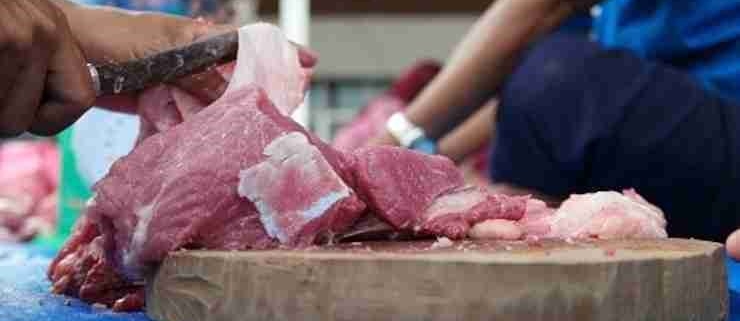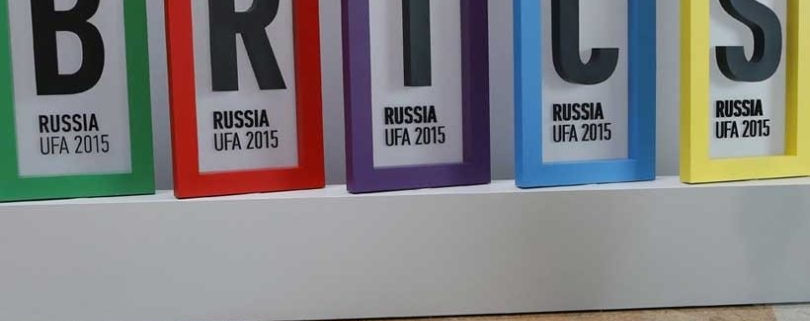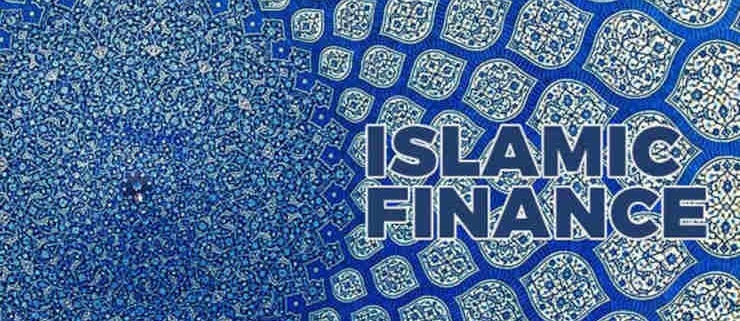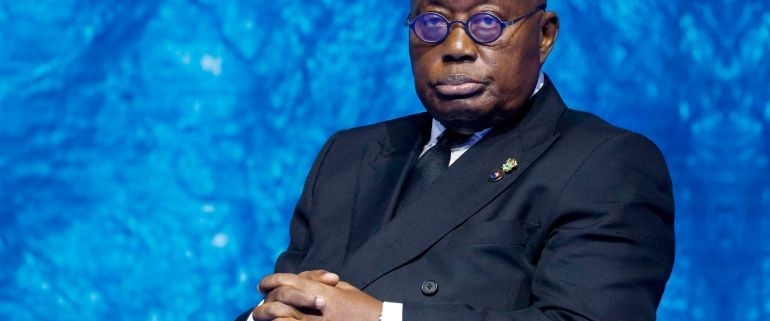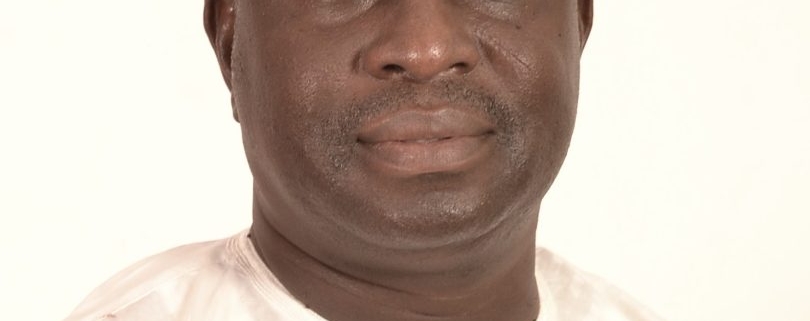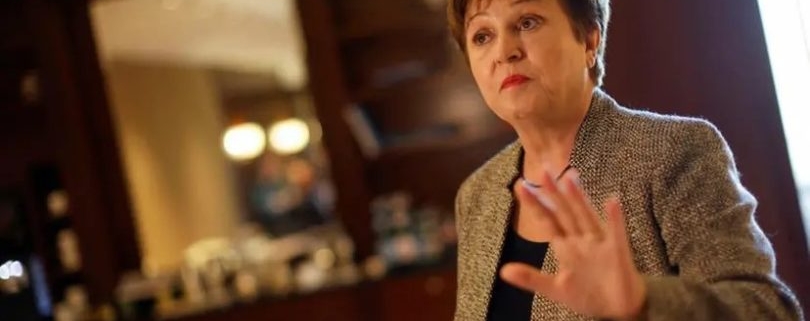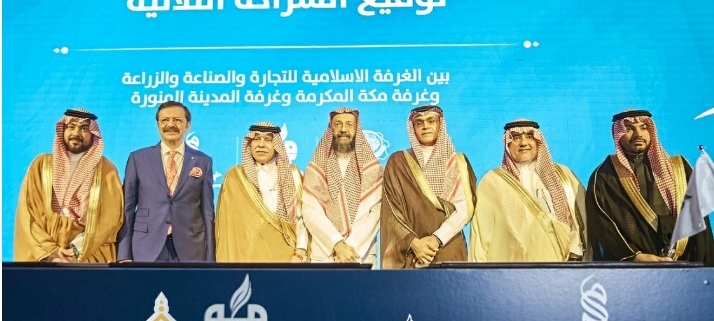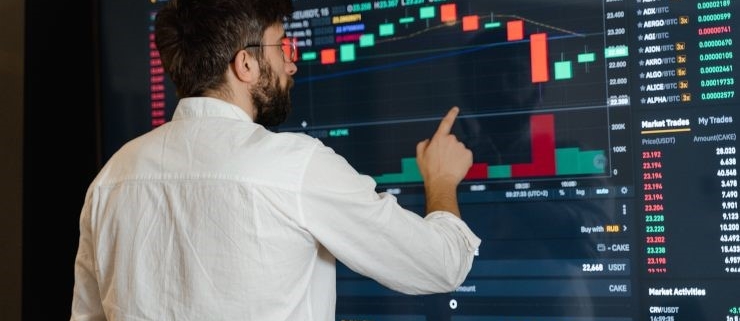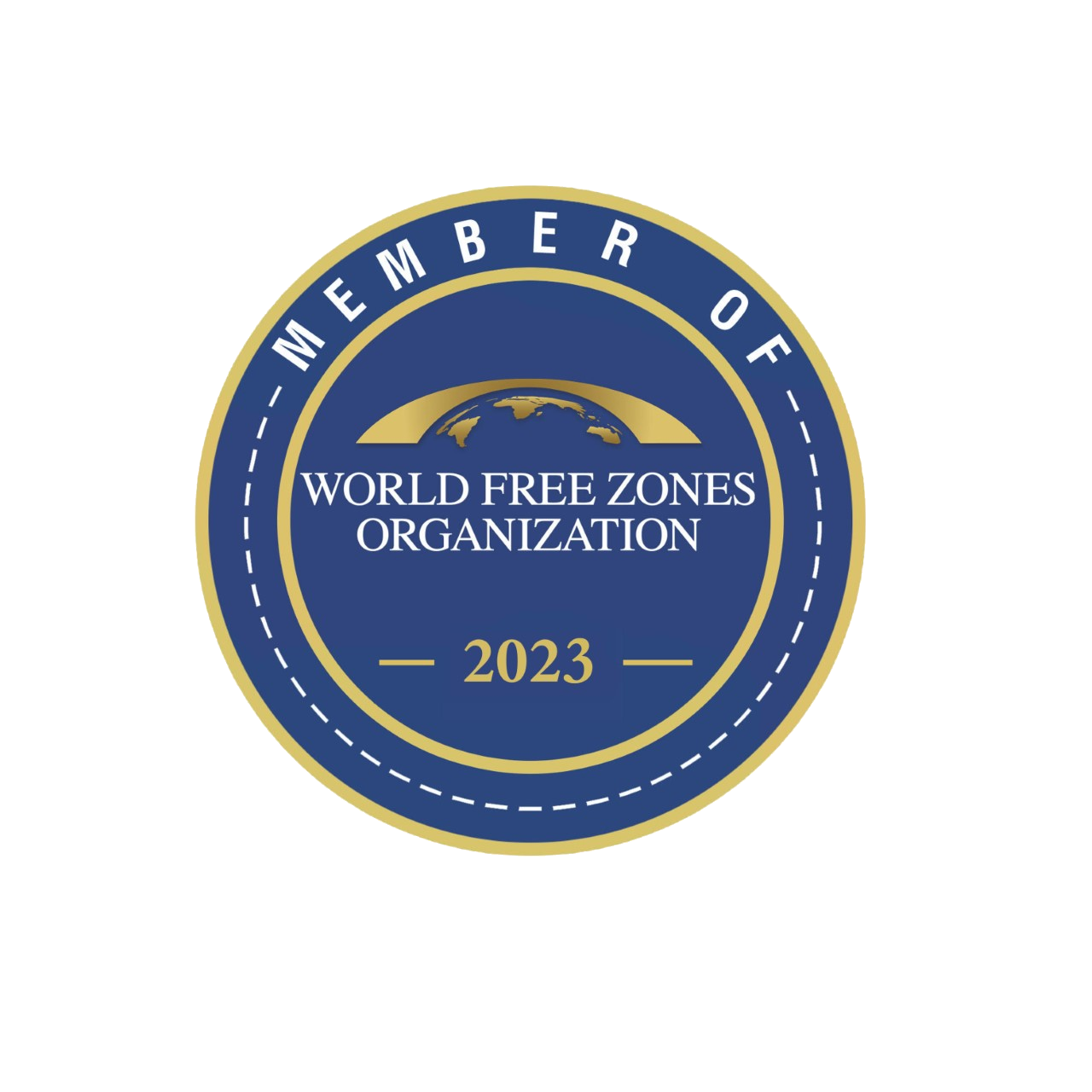Russia To Increase Halal Meat Export To the Middle East
Russian exports of halal products to Persian Gulf countries and Egypt could grow by more than six times by 2030 compared to 2020 data, the head of strategic communications and product promotion at Russia’s Agroexport Center, Andrei Kucherov has stated.
“Russia exported US$116 million worth of Halal products to these countries in 2020. The share of confectionary products was 59%, and meat products accounted for 40%. It is expected that the number of Russian exports of halal products to these countries will exceed US$700 million in 2030”
He said meat products have particular potential. “The meat industry in Russia is actively developing. About 20 million Muslims live in Russia, which creates domestic demand for halal meat. Halal meat production in Russia is now 10% of Russia’s total production of poultry, beef, and sheep meat.”
The key markets for Russian Halal exports are Saudi Arabia and the United Arab Emirates, Saudi Arabia imports over US$1.2 billion worth of meat products, US$670 million of dairy products, and more than US$1.1 billion in confectionary products, while the UAE imports over US$800 million of meat products and more than US$300 million of dairy products, Kucherov said.
“To realize the export potential of Russian Halal products, Agroexport initiated the development of a strategy to promote these products in the Middle East and North Africa. We concluded that there’s no point in promoting Russian Halal products as halal in this region. The consumer there already believes all products are Halal,” Kucherov said.
“Therefore, promotion should be built on a system of a nationwide Halal certification system and branding image. The instruments needed for the certification system to work well are traceability and the existence of reliable Halal certification bodies inside the country,” he said. Read more>>

